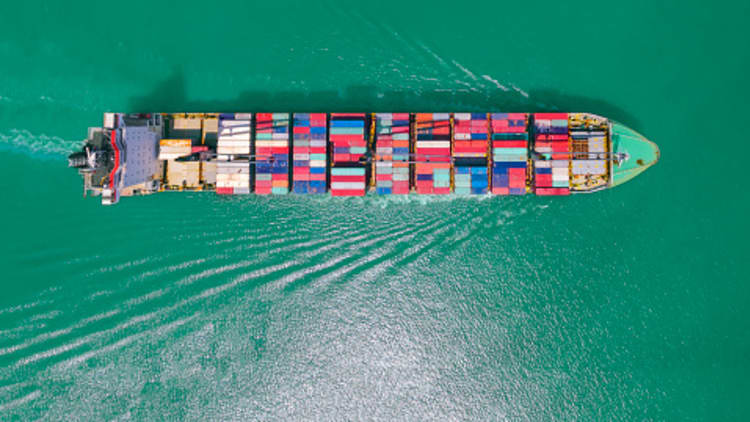
Top Trump trade advisor Peter Navarro on Monday indicated hope for success in U.S. efforts to renegotiate the North American Free Trade Agreement.
"It looks like we might get a really good deal on NAFTA," Navarro told CNBC's "Squawk Alley."
Earlier this month, President Donald Trump excluded Canada and Mexico from import tariffs of 25 percent on steel and 10 percent on aluminum until May 1.
After that, the White House plans to reassess those exemptions, applying pressure in hopes of a quick resolution of talks to update the 24-year-old trade agreement with Mexico and Canada.
On the Trump administration's separate move last week to levy tariffs of up to $60 billion against China for allegedly stealing American technology intellectual property, Navarro said the move was warranted.
"China has engaged for a very long time in the theft of our intellectual property as well as practices like forced technology transfer," said Navarro, author of several books anti-China books including "Death by China."
However, he said, "We're hopeful there that the Chinese will work with us to basically address some of these practices."

Unfair trade practices detailed by the office of the U.S. Trade Representative accuse China of using "joint venture requirements, foreign investment restrictions, and administrative review and licensing processes to force or pressure technology transfers from American companies."
Earlier Monday, Kevin Hassett, chairman of the White House Council of Economic Advisers, told CNBC that Trump's punitive measures on China as well as the steel and aluminum tariffs are "designed to move us toward negotiations" to even the playing field for global trade.
After Trump's China tariffs announcement on Thursday, Beijing unveiled plans for reciprocal tariffs of $3 billion on 128 U.S. products.
However, two developments since then signal hope that the U.S. and China might be able to avoid a trade war.
Chinese Premier Li Keqiang on Monday said China and the U.S. should maintain negotiations. The day before, U.S. Treasury Secretary Steve Mnuchin told "Fox News Sunday" he's optimistic a trade agreement will eventually be negotiated with China.
Navarro, along with now-Commerce Secretary Wilbur Ross, have advocated for tough measures against "unfair trade practices" by China and other nations. In a 2016 white paper, Navarro and Ross, a former Wall Street investor, accused Chinese leaders of "exploiting American weakness by cheating in the trade arena."
Before joining with Trump, Navarro was a business professor at the University of California, Irvine, for more than 20 years. He got his doctorate in economics from Harvard.
— Reuters contributed to this report.


